Literature in the American Curriculum is Outdated
American schools typically require that students read the classics, and as a result, important topics discussed in more current books are being entirely neglected. In a society that is constantly changing, the importance of reading current literature is pressing.
March 15, 2021
In American public schools, students are forced to read the classics. Books like To Kill a Mocking Bird, Lord of the Flies, and The Great Gatsby are read by high schoolers across the nation. While they do hold important themes and lessons for students to evaluate, these ideas presented in such novels are becoming quite redundant.
My parents read these same books in high school, and even their parents read some of them. I am not questioning the “classic” nature of these books, as I understand they are timeless pieces that have been deeply influential in the literary world, but I also think there is a definitive need for some newer literature in the American curriculum. So much of the high school years are spent dissecting these classic novels, I can not help but think that recent books that hold more relevancy to today’s issues are being entirely overlooked.
Some of these classics were written nearly 100 years ago, and while they may maintain meaningful messages, they just do not hold the same applicability as they once did. Instead of recycling these same novels each year, there are several books I believe will truly make larger impacts on students as they read.
In a world where an American citizen is sexually assaulted every 73 seconds, the need for education on the topic is deeply necessary (Rainn). Know My Name: A Memoir by sexual assault survivor, Chanel Miller, details the trauma involved with being assaulted, as well as the strenuous process in which pressing charges against her assaulter entailed. Miller’s case was the highly-publicized People v. Turner case that took place back in 2016. With this book being published in 2019, it is not only a very recent matter, but it also speaks on a topic that holds unfortunate relevance in today’s society (Goodreads).
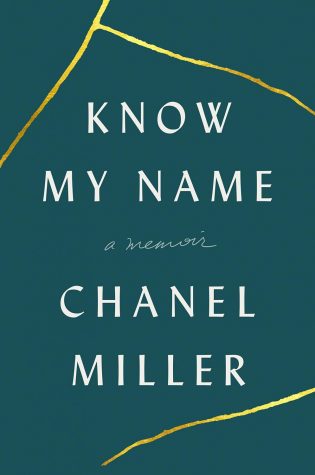
Shayda Roshdieh (12) finds the novel The Buddhist on Death Row: How One Man Found Light in the Darkest Place by David Sheff to carry great value in its message. Published in 2018, Sheff analyzes the life and spiritual transformation of Jarvis Jay Masters, a man who has lived years of his life on death row for a crime he says he did not commit. Sheff’s thought-provoking novel dives into the powers of spirituality, stressing the idea that even at one’s lowest point, there is always a light. Through this book, students read for themselves a perfect example of a man born seemingly doomed, transform his life and outlook even at the most depressing of times (Goodreads).
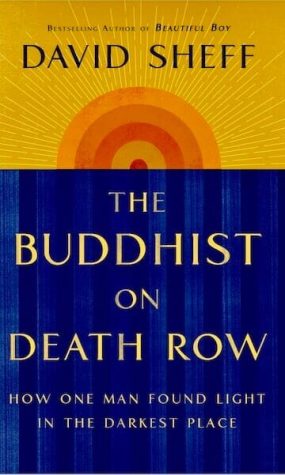
According to the Common Core standards that Yorba Linda High School follows, students are to “read and respond to historically or culturally significant works of literature that reflect and enhance their studies of history and social science [ . . . and] conduct in-depth analyses of recurrent themes.” For Mrs. St. Amant (Staff), the Language Arts Honors 1 and AP Literature teacher at YLHS, “The phrase, ‘culturally significant’ is worth exploring and begs the question, ‘Culturally significant to whom?’”
She responds to this question with a seemingly obvious answer that has yet to be popularized in modern public schools: “To our students, of course. Students who are part of a rapidly changing world. Students, who have lived through significant historical events. Students who represent various backgrounds, ethnicities, religions, and experiences. Our literature should not only reflect that variety, but it should offer students options to explore their curiosities.”
Mrs. St. Amant has implemented novels such as The Hate U Give by Angie Thomas and All American Boys by Jason Reynolds and Brendan Kiely into her curriculum. These books explore the racial inequalities that so blatantly persist in 21st century America. Reads such as these have become only more significant in today’s culture, as they specifically detail the racial charge behind police brutality (Goodreads).
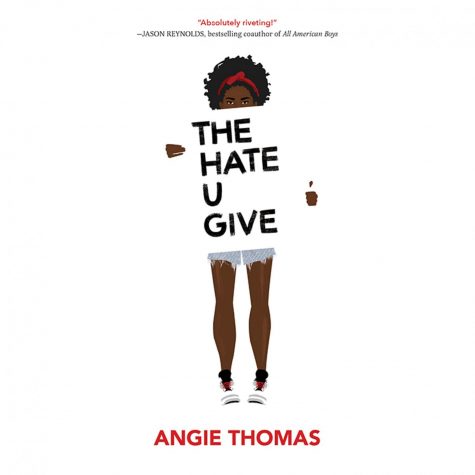
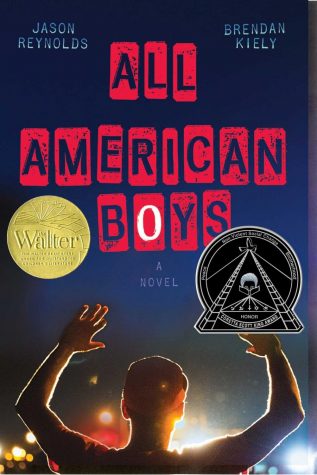
Classic novels will always remain what they are–classic. As Mrs. St Amant confirms, “[She is] not worried about the classics disappearing–they will always be there, and they will always have readers looking for those stories. But more current works of literature can serve as a bridge into the vast world of literature, turning students into lifelong readers.”
By including more recent novels in American schooling, students can not only discover an unacknowledged passion for reading that they might not have with the classics, but they can also become more educated on the topics that are directly affecting them today. Classic novels may always be important, but in a society that is forever evolving, it is equally, if not of greater importance, that students are reading books that hold relevancy in today’s world.

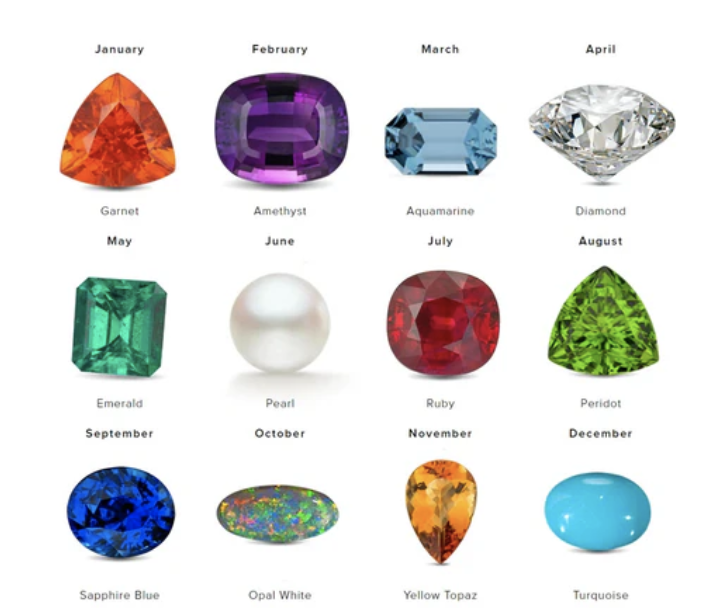

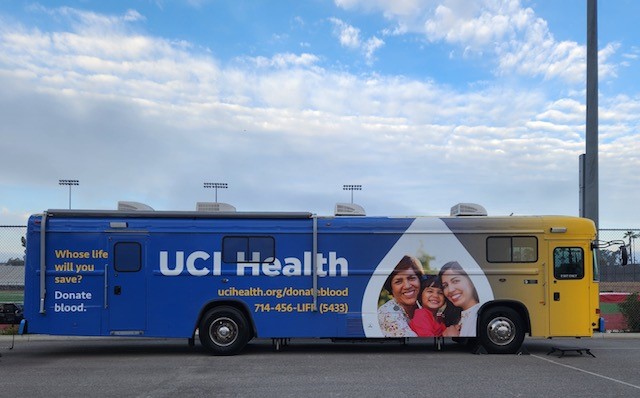

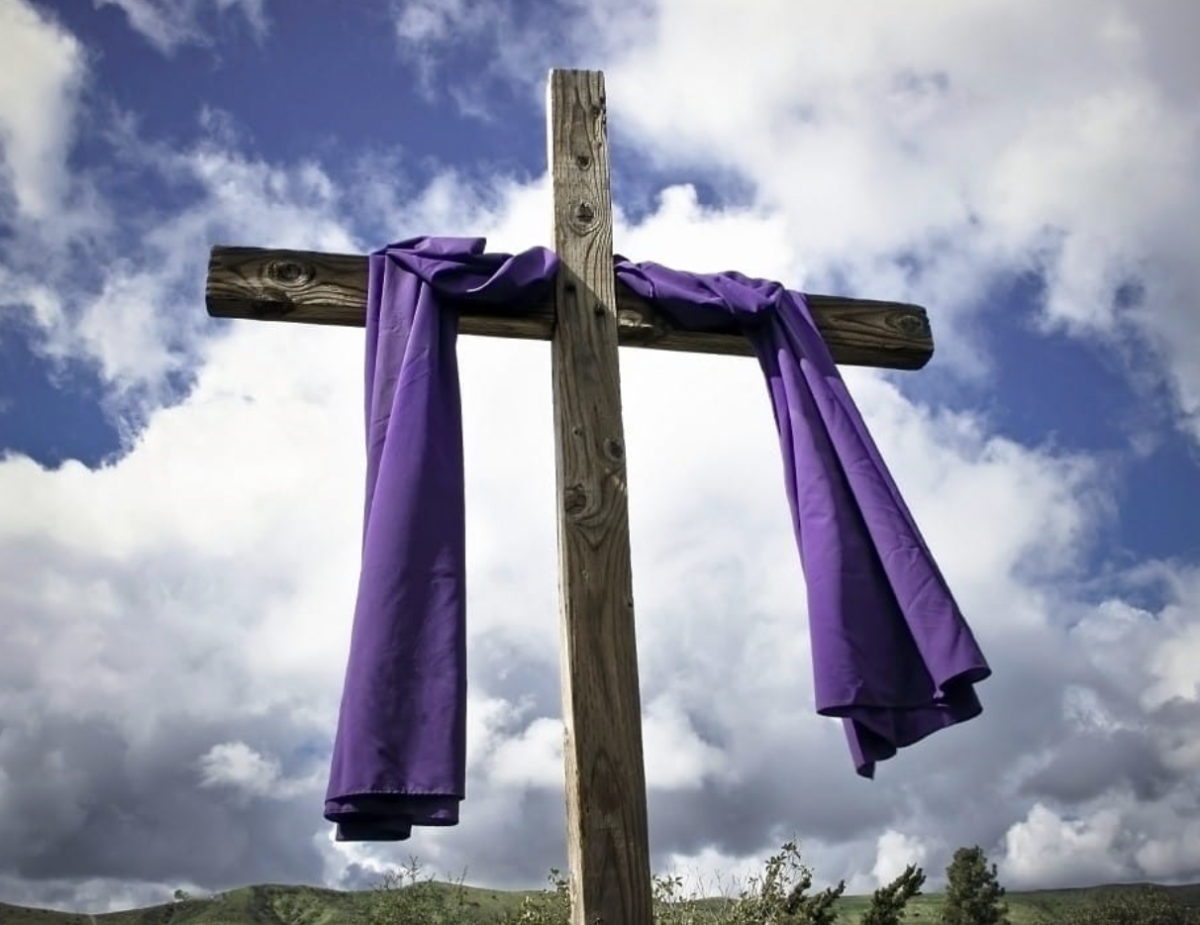






















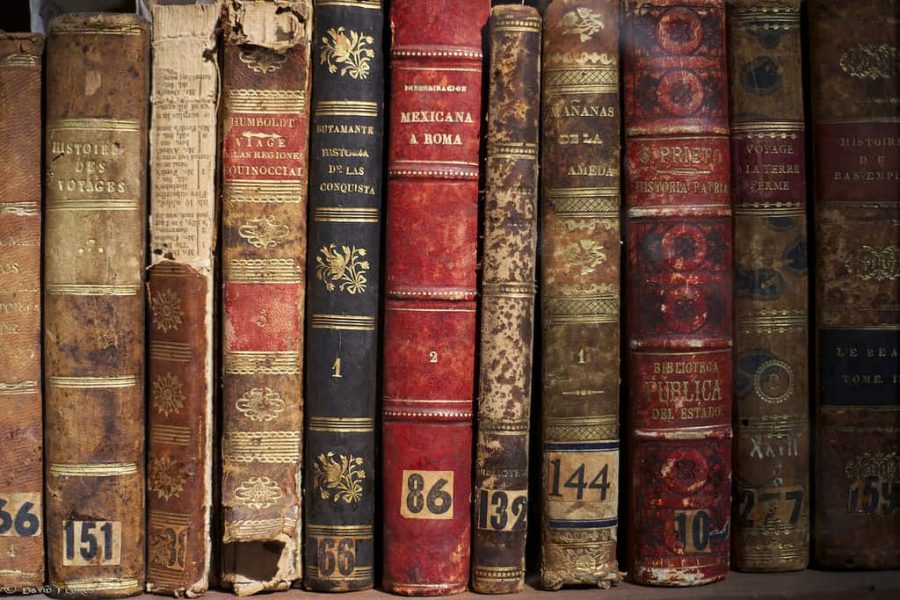











Katelyn Ruggles • Apr 10, 2021 at 10:36 PM
I think there are many newer books that have more relevant topics and ideas in them than many outdated books we do read. These new books could be used more beneficially that some of these older books we read and can leave a lasting impression on high schoolers.
KAYDEN MANDLEY • Mar 31, 2021 at 11:51 AM
This is a great article! It brings up such an important topic that I think should be more talked about. I think it is super important schools introduce more current pieces of writings to students.
Anita Tun • Mar 21, 2021 at 12:09 PM
I agree, a lot of books that we need to read in high school can be centuries old, and although some are good novels we neglect the books that are relevant to our generations that could educate us.
Suhani Bhanvadia • Mar 21, 2021 at 10:03 AM
I definitely think schools should have more modern books. Not only does it make reading more relatable for students but they are more inclined to read more in general.
Sharon Sun • Mar 19, 2021 at 11:05 PM
Hey Riley, great article! Personally, I agree that the old classics like The Great Gatsby should definitely stay in the curriculum, but it would definitely add vitality if we could also add newer books in there as well.
Fiona Salisbury • Mar 19, 2021 at 8:46 PM
I agree with this article and I think schools should implement more novels that are relevant to current topics. While I think that many of the novels we read in school are important to our education, it would be amazing to have more diversity in the books that are covered in school. I am happy to hear that Mrs. St Amant is working to introduce more current novels into the YLHS curriculum.
Paige Reddick • Mar 19, 2021 at 1:49 PM
This is an incredible article, Riley. It’s extremely important to read literature that discusses and can be applied in modern times. While important lessons are present in older novels, similar lessons remain in current literature as well, yet current novels have more modern implications!